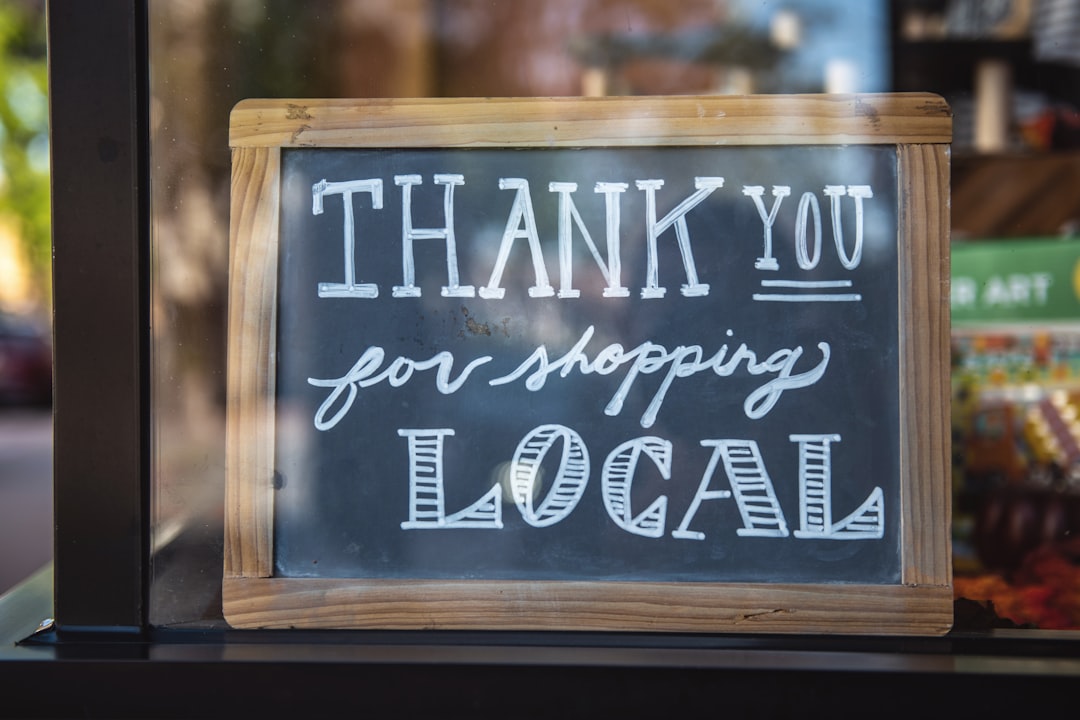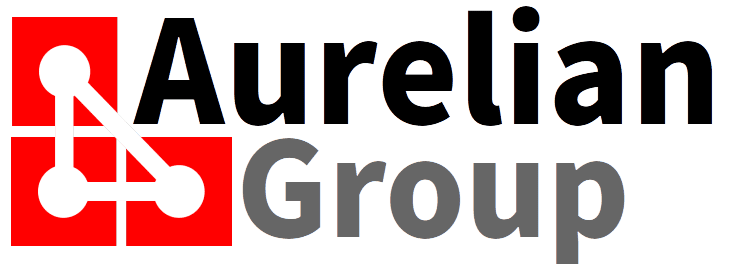Australia is often referred to as "The Lucky Country" - blessed with beautiful scenery, natural wonders, areas with great soil for agriculture, and resources. Many resources. But luck does not give you the edge, the edge is gained by understanding the advantages and using these to compete. The policy-driven migration of the Australian economy away from manufacturing, and towards services and education, has had significant impact to the health and resilience of the economic infrastructure in Australia. Covid-19 did not cause this, but it certainly accelerated the negative trajectory the country was in already. In this article we explore predictions of a post Covid-19 Australia, and some thoughts on reshaping the economic resilience.

Employment
Australia is not the easiest country for small and mid-sized businesses to employ people. Far from it. The "awards" structure has gone rampant, with over 300 awards employers should comply with. For large corporations, the additional cost of compliance to such structures is significant, but spread over many employees. Small businesses have less employees to spread the cost of compliance - therefore one would rightfully ask: "should I employ, or contract?".
Not all type of work is easily or profitably contracted out, and not all work that can be contracted out will be. However, it is safe to assume that a significant portion of the jobs lost will not return in the form of fixed employment.
As a former employee you may find it difficult to return to the workplace - the competition is strong, as there inevitably will be less positions to fill than there are people to fill them. A consideration may be to consider taking your skills to the market, instead of your person. In other words, offer the work to companies, instead of yourself to one company.
From a policy perspective - it would be massively helpful if state and federal governments could work together to make employing people easier and more rewarding. Removing tons of red-tape and complicated award structures would be great start. One should also question the merit of the "payroll tax" that employers pay when for the benefit of employing people - it acts as a demerit tax.
Small business future
When many jobs that were lost as a result of a practical economic stand-still not coming back, what are the alternatives? Searching new employment has been a challenge for experienced workers as often the young talent is the preferred alternative. Given that the number of available positions has shrunk, the competition has significantly increased. It is not too far-fetched to predict that a lot of mid-career job-seekers will leave the job-seeking market and offer their expertise as a service, as a "solopreneur". This development needs to be encouraged by facilitating the formation of new businesses with an ease of regulatory burden, and incentive to invest in local small business.
Further, local small scale manufacturing should be encouraged. Where the current climate favours large scale overseas manufacturing, the small manufacturer can adapt to market changes faster, and provide relevant products at an acceptable price. The acceptable prices must and will change. The age of cheap consumerism, where we replace our phones every 2 years, where we buy things because they are available, not because we need them, are over. Manufacturing cannot, should not, be subsidised. However, manufacturing can be stimulated by removing the disincentivising regulations, and investment in infrastructure required to be a successful manufacturing alternative to import. There will be a mix of both.

Buy local? Buy to last!
As consumers, we have a choice to support our local businesses, or import the cheap alternative. But it is not always an 'either/or' - not everything is available locally. Nor is it a good thing to increase the barriers to import - overseas competition pressures the local business to innovate and offer more value. The key is to buy to last. Over the last few decades, many goods have become so cheap that we did not think twice about the quality - just replace when it breaks. This is our behaviour that has contributed to drive many local manufacturers out of business. Cheap had a relatively low quality risk - cheap to buy is cheap to replace. I don't foresee this age of hyper-consumerism coming back any time soon (if ever). With the market (us consumers) more focused on the lifetime value of a product, businesses have the opportunity to compete on more than just price. There is opportunity to rebuild some of the relationships we have lost during the last decades. Buy local? Sure, but keep the pressure up to make local competitive with overseas purchase buy shopping for quality over quantity, and valuing the relationship that is offered by your local vendor. And as local vendors, manufacturers, retailers: appreciate that your customer has a choice - innovate and focus on the value of the relationship you offer to your clients.
Business applications - bringing it together
Business applications are going to play an even more critical role in any business, from solopreneur to the multi-national corporation. With the consistently cheap supply chain permanently disrupted, the information supply chain becomes even more important as a competitive edge. Now more than ever it is essential to keep your investment in business applications in check - no frivolous customisations just because "you can" - keep things simple, and open. Open to connect and collaborate with your customers, partners, and vendors. In the age where we will rely on contractors to provide critical business services to us, business applications can provide the platform to collaborate effectively, efficiently, and securely.
Want to know more about how business applications can help you and your business? Want to know more about how we can provide the software, implementation, support, maintenance, and ongoing enhancements for a simple and affordable monthly fee? Contact us today!
